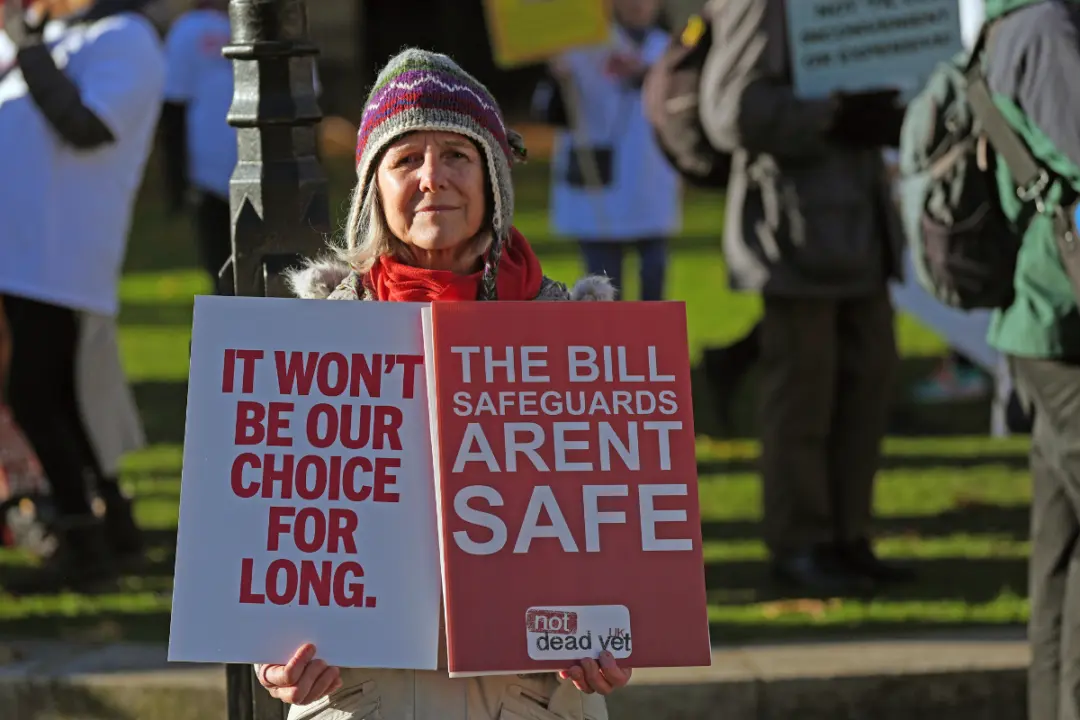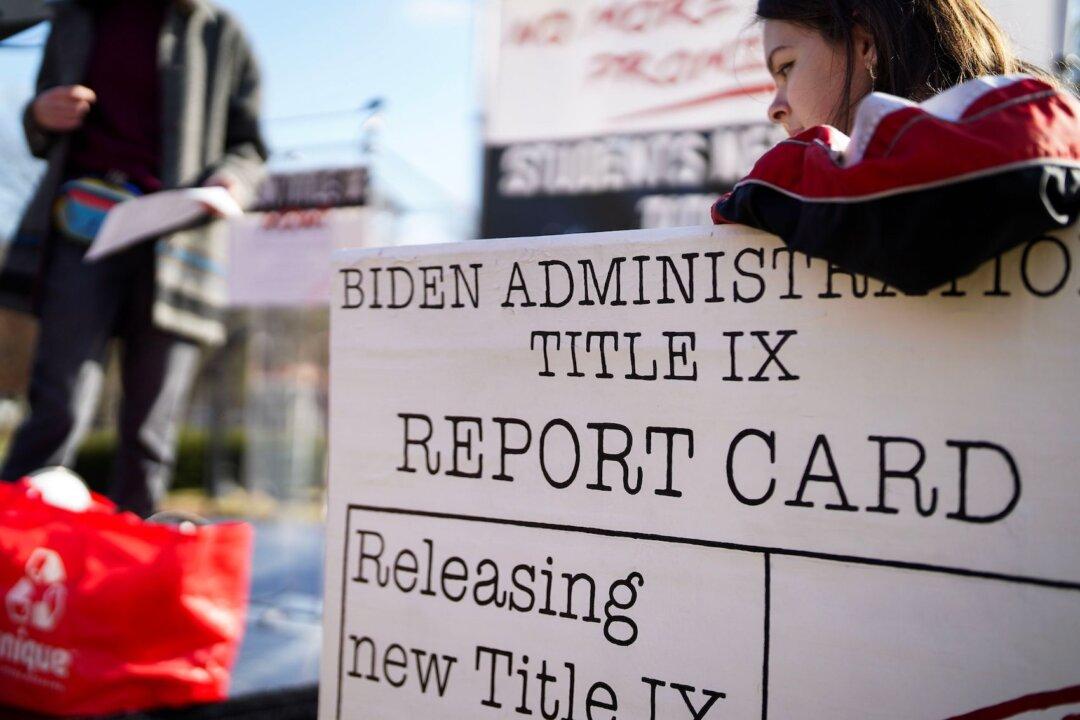Commentary
Imagine this nightmare scenario. Your 18-month-old baby is critically ill with pulmonary hypertension and heart disease. She has spent most of her life in the hospital and is currently on life support. She has had several near-death events. The stress never ends.





